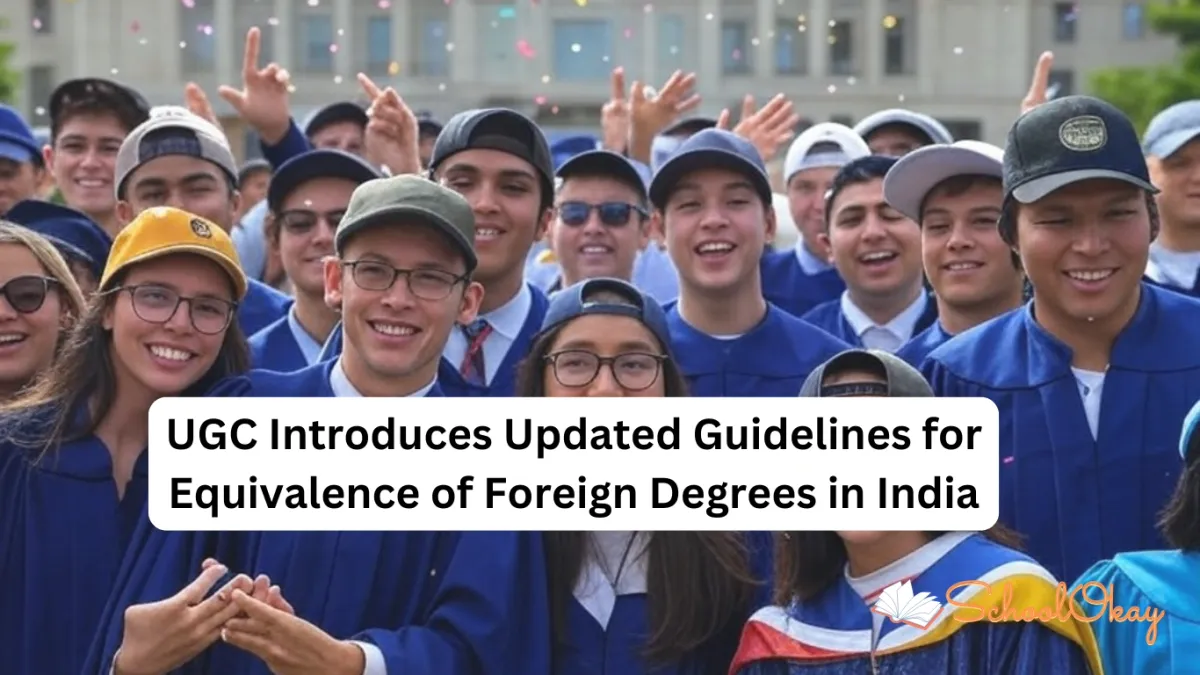
Overview of the Higher Education Council’s Equivalence Process
Over the past four years, the Higher Education Council (HEC) has received more than 28,000 applications for academic qualification equivalences. However, only 55 percent of these applicants have successfully obtained their certificates. Approximately 30 percent of the applications remain pending, primarily due to incomplete documentation, data errors, or technical issues such as the previous crash of the Irembo platform. Another 15 percent of applications have been rejected, often because of fake documents or failure to submit all required materials.
Edward Kadozi, the Director General of HEC, highlights that missing or incorrect documents are the most common causes of delays in the process. “When you miss something, your file goes into a pending status,” he explained. To address these challenges, HEC is working on digitizing the entire equivalence process, aiming to improve efficiency and transparency.
Digital Transformation of the Equivalence Process
The new digital system being developed by HEC will integrate the equivalence component fully. Once completed by the end of the year, this system is expected to bring significant improvements. It will eliminate most manual processes, allowing every step—from uploading documents to engaging with universities—to be conducted online. The system also incorporates international best practices to ensure a streamlined and reliable process.
One key innovation in the new system is its ability to adapt based on the origin of the applicant’s qualifications. “Not all degrees come from the same risk level,” Kadozi noted. “Some regions have higher instances of document fraud, so we segment countries accordingly. That way, we can ask for more verification where needed, and reduce unnecessary requirements for applicants from more transparent systems.”
This adaptive approach also allows for customized document requests based on the level of study—undergraduate, master’s, or PhD—ensuring that only relevant information is required. This helps streamline the process while maintaining thorough verification.
Enhanced Engagement with Institutions
The upgraded system will also facilitate seamless communication between HEC, applicants, and foreign universities. If an institution is no longer operational, HEC will reach out to regulatory bodies or international education assessment organizations, such as UK-ENIC, to confirm accreditation and validity. “In some cases, the university may have closed years ago,” said Kadozi. “We will be working more with regulatory bodies and international partners, like those affiliated with UNESCO, to verify academic credentials.”
Additionally, HEC is planning a major awareness campaign to help students, both in Rwanda and abroad, understand how to navigate the system. “The other challenge we’ve identified is the lack of adequate awareness,” said Kadozi. “Many applicants rely on agents who often are not as informed as them. Some don’t even understand the system themselves.” Through the awareness drive, HEC aims to empower people to manage and own their files independently, avoiding unnecessary delays or frauds.
Simplifying the Requirements
HEC is also simplifying the types of documents required for the equivalence process. Moving forward, non-academic documents, such as travel records, will no longer be considered except in high-risk countries with academic fraud. Thorough verification will still be conducted with due diligence for the most suspicious cases.
“We’re focusing only on academic-related documents,” said Kadozi. These include admission letters, transcripts, degree certificates, and student ID cards among others. Depending on the level of education, applicants may also need to provide registrar-confirmed details or registration numbers.
Kadozi expects that the new system will restore confidence in the equivalence process. “We want to make the experience smoother, seamlessly, fairer, reliable and more available to every applicant,” he said.
A Personal Experience
Lydie Umubyeyi, a graduate from Uganda’s Makerere University in 2017, faced challenges when applying for an equivalence certificate in Rwanda. In 2019, while applying for a job requiring academic equivalence, she was advised by a friend to use an agent. Trusting the advice, she paid for the service, expecting results within a week. However, months passed without any update. When she contacted HEC, she learned that her file was incomplete and still under review.
She decided to restart the process on her own to fix the issue, but unknowingly triggered a fresh application, which caused further delays. Although she eventually received her equivalence, the experience left her wishing for a simpler, more transparent system she could manage herself.
